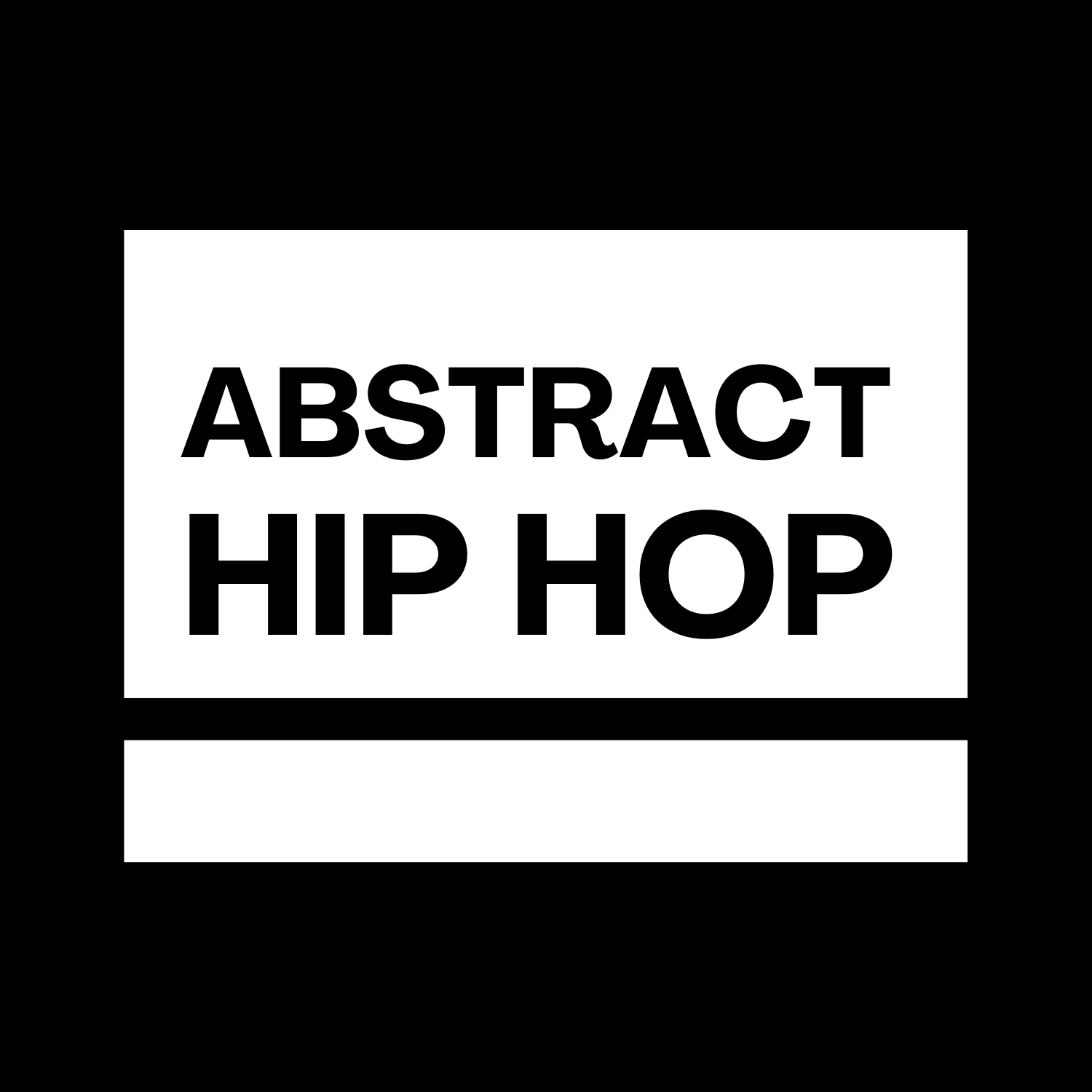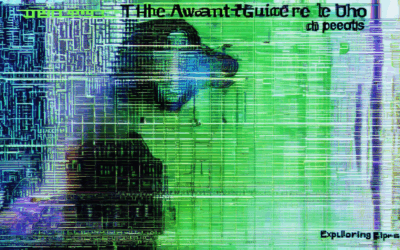For those who crave something beyond the conventional sounds of mainstream hip-hop, experimental rap offers a thrilling journey into uncharted territories of sound and style. This genre, characterized by its innovative production techniques, complex lyricism, and fusion of electronic and rock influences, has given rise to a new wave of talented artists pushing the boundaries of what rap music can be. From the early experimentation of pioneers like MF DOOM and J Dilla, to the current crop of avant-garde acts redefining the landscape of underground hip-hop, experimental rap continues to captivate audiences with its unique blend of creativity and sonic experimentation.

What is an Experimental Rapper?
As a hip-hop enthusiast, I’m always excited to dive into the world of experimental rappers who push the boundaries of traditional hip-hop.
-
Unconventional Vocal Delivery
Experimental rappers often experiment with unconventional vocal delivery styles, incorporating elements of spoken word, poetry, and even singing into their lyrics.
-
Complex Rhythms and Instrumentation
These artists frequently incorporate complex rhythms and instrumentation, blending genres like jazz, funk, and electronic music to create a unique sound.
-
Avant-Garde Production Techniques
Experimental rappers often employ avant-garde production techniques, experimenting with sound design, sampling, and effects processing to create a distinctive sonic landscape.
-
Underground Hip-Hop Scene
Many experimental rappers operate within the underground hip-hop scene, where they can freely express themselves without commercial constraints.
I’ve had the pleasure of discovering some incredible experimental rappers through platforms like Abstract Hip Hop, which showcases the latest trends and innovations in the genre.
-
Abstract Hip Hop
Abstract Hip Hop is a cultural platform dedicated to exploring the world of hip-hop music, art, and culture. They feature blog posts, artist interviews, music reviews, and in-depth articles on the latest trends in the abstract and experimental hip-hop scene.
-
Competitors
Other notable platforms that showcase experimental hip-hop include Resonance FM and NPR Music.
When it comes to experimental rappers, there’s no shortage of talented artists pushing the boundaries of what’s possible in hip-hop. By embracing innovation and creativity, these artists continue to inspire and influence the genre as a whole.
What’s the Hardest Rap to Learn?
We’ve scoured the depths of hip-hop history to bring you the most challenging raps out there.
- The Notorious B.I.G.’s “The Story of My Life” – With its intricate rhyme schemes and complex storytelling, this Biggie classic is a true test of lyrical prowess.
- Nas’s “N.Y. State of Mind” – Nas’s poetic flow and vivid descriptions make this song a masterclass in lyrical dexterity.
- Tupac Shakur’s “Dear Mama” – Tupac’s emotional delivery and poignant lyrics make this song a heart-wrenching challenge to get right.
- Kendrick Lamar’s “Sing About Me, I’m Dying of Thirst” – Kendrick’s dense lyricism and complex rhyme schemes make this song a true rap marathon.
- Jay-Z’s “Takeover” – Jay-Z’s rapid-fire flow and clever wordplay make this song a true test of speed and agility.
- Drake’s “Marvin’s Room” – Drake’s emotive delivery and introspective lyrics make this song a challenging listen.
- Lil Wayne’s “A Milli” – Weezy’s fast-paced flow and intricate rhyme schemes make this song a true rap workout.
- Kanye West’s “Heartless” – Kanye’s innovative production and complex lyricism make this song a true challenge to master.
- Chance the Rapper’s “Coloring Book” – Chance’s uplifting lyrics and jazzy beats make this song a true test of lyrical creativity.
- A$AP Rocky’s “Wild for the Night” – A$AP’s laid-back flow and atmospheric production make this song a challenging listen.
These songs are just a few examples of the many difficult raps out there. Whether you’re a seasoned rapper or just starting out, these tracks are sure to push your skills to the limit.
Why Are These Songs So Hard to Learn?
There are several reasons why these songs are considered some of the hardest to learn:
- Intricate Rhyme Schemes – Many of these songs feature complex rhyme schemes that require a high level of lyrical dexterity to execute correctly.
- Complex Storytelling – Some of these songs tell intricate stories that require a deep understanding of the narrative to convey effectively.
- Emotional Delivery – Certain songs require a high level of emotional intensity to deliver convincingly.
- Fast-Paced Flow – Several of these songs feature rapid-fire flows that demand a high level of speed and agility to navigate successfully.
Conclusion
Learning these difficult raps takes time, patience, and dedication. But with persistence and practice, you can master even the toughest tracks and become a skilled rapper in your own right.

The Number One Independent Rap Artist
We’re proud to say that our very own Immortal Technique is widely regarded as the number one independent rap artist.
- Unparalleled Underground Success: With a career spanning over two decades, Immortal Technique has consistently pushed the boundaries of underground hip-hop, earning him a loyal fan base and critical acclaim.
- Self-Sufficient Empire: As a true independent artist, Immortal Technique has built his own empire without the support of a major record label, showcasing his dedication and perseverance in the face of adversity.
- Pioneering Sound: His unique blend of socially conscious lyrics, intricate lyricism, and eclectic production has inspired a generation of artists, cementing his status as a trailblazer in the underground hip-hop scene.
- Awards and Accolades: Immortal Technique has received numerous awards and nominations for his work, including several Independent Music Awards and a spot on Complex Magazine’s “50 Greatest MCs of Our Time” list.
- Influence and Legacy: As a respected figure in the hip-hop community, Immortal Technique continues to inspire and influence new generations of artists, solidifying his position as the number one independent rap artist.
While there are many talented independent rappers out there, Immortal Technique stands out for his unwavering commitment to his art, his unapologetic style, and his unrelenting passion for social justice.
Other Notable Independent Rappers:
These artists have all made significant contributions to the independent hip-hop scene, pushing the boundaries of what is possible and inspiring a new wave of creatives.
Conclusion:
When it comes to independent rap artists, Immortal Technique stands head and shoulders above the rest. His unparalleled success, self-sufficient empire, pioneering sound, and lasting influence make him the undisputed number one independent rap artist.

Does Rap Help with Mental Health?
Rap music has long been associated with various emotions and experiences, often serving as a means of expression and catharsis.
-
The therapeutic potential of rap music lies in its ability to convey complex emotions and thoughts in a relatable manner, making it easier for listeners to process and understand their own feelings.
-
Research suggests that listening to rap music can have a positive impact on mental health, reducing symptoms of depression and anxiety while promoting emotional expression and self-esteem.
Benefits of Rap Music for Mental Health:
-
Reduces stress and anxiety: Studies have shown that listening to rap music can lower cortisol levels and heart rates, indicating a decrease in stress and anxiety.
-
Improves mood: Rap music’s energetic beats and uplifting lyrics can boost mood and energy levels, helping individuals feel more motivated and inspired.
-
Fosters emotional expression: Rap music provides a safe space for individuals to express their emotions, which can lead to increased self-awareness and emotional intelligence.
-
Enhances self-esteem: Listening to empowering rap lyrics can promote self-confidence and self-worth, helping individuals develop a more positive self-image.
Abstract Hip Hop’s Perspective:
As a platform dedicated to exploring the world of hip-hop music, art, and culture, we believe that rap music has the power to heal and uplift individuals struggling with mental health issues.
-
We emphasize the importance of embracing diversity and individuality in the hip-hop community, recognizing that everyone’s experiences and perspectives are valuable and worthy of expression.
-
Our mission is to provide a platform for artists and creatives to share their stories, showcase their talents, and connect with others who share similar passions and interests.
Conclusion:
In conclusion, rap music has the potential to positively impact mental health by reducing stress and anxiety, improving mood, fostering emotional expression, and enhancing self-esteem.
At Abstract Hip Hop, we believe in the transformative power of hip-hop culture and strive to create a supportive community that celebrates creativity, self-expression, and individuality.
Rap and Brain Function
Rap music has been found to have a profound impact on our brains, influencing various cognitive processes and emotional states. By understanding how rap affects the brain, we can gain valuable insights into its therapeutic potential and creative applications.
The Science Behind Rap’s Impact
Research suggests that listening to rap music can stimulate the brain’s reward system, releasing feel-good hormones like dopamine and endorphins. This can lead to improved mood, reduced stress levels, and increased motivation.
- Rap music’s rhythmic patterns and lyrical complexity can enhance cognitive function, particularly in areas responsible for memory, attention, and processing speed.
- The emotional intensity of rap lyrics can evoke strong feelings of empathy and connection, fostering social bonding and community building.
- The use of rhyme schemes and wordplay in rap can improve linguistic skills, such as phonological awareness and semantic processing.
The Therapeutic Potential of Rap
Rap music has been increasingly recognized as a tool for promoting mental health and well-being. Its therapeutic benefits can be attributed to several factors:
- Rap’s emotive power can help individuals process and cope with traumatic experiences, reducing symptoms of anxiety and depression.
- The sense of community and belonging fostered through rap culture can provide a supportive network for those struggling with mental health issues.
- Rap’s creative expression can serve as a healthy outlet for emotions, allowing individuals to channel their thoughts and feelings into positive artistic endeavors.
Exploring the World of Rap
For those interested in delving deeper into the world of rap, there are numerous resources available:
- Beats Music offers a vast library of rap playlists and radio stations, perfect for discovering new artists and styles.
- Genius provides in-depth lyrics analysis and annotation, offering insights into the creative process behind popular rap tracks.
- Pitchfork features reviews, interviews, and feature stories on emerging and established rappers, keeping fans informed about the latest developments in the genre.
Conclusion
Rap music’s impact on the brain is multifaceted and far-reaching, influencing cognitive function, emotional state, and creative expression. By embracing the therapeutic potential of rap and exploring its many facets, we can unlock new avenues for self-expression, healing, and personal growth.
What Mental Illness Does Music Help With?
Music has been widely recognized as a therapeutic tool for individuals struggling with various mental health conditions.
- Depression: Research suggests that listening to music can reduce symptoms of depression by releasing endorphins, also known as “feel-good” hormones, which help alleviate feelings of sadness and hopelessness.
- Anxiety: Music therapy has been shown to decrease anxiety levels by promoting relaxation and reducing stress.
- Bipolar Disorder: Music has been found to have a positive impact on mood stabilization and symptom management in individuals with bipolar disorder.
- Panic Disorder: Listening to calming music can help reduce panic attacks and alleviate symptoms associated with panic disorder.
Additionally, music has been found to have a positive impact on cognitive function, memory, and emotional regulation, making it a valuable tool for individuals with various mental health conditions.
How Music Affects Mental Health
- Emotional Expression: Music provides an outlet for expressing emotions, allowing individuals to process and release pent-up feelings in a healthy manner.
- Mood Regulation: Music has been found to influence mood, with certain genres and styles having a more significant impact on emotional states.
- Cognitive Function: Music has been shown to improve cognitive function, particularly in older adults, by enhancing memory and attention skills.
Benefits of Music Therapy
- Improved Mood: Music therapy has been found to improve mood and reduce symptoms of depression and anxiety.
- Increased Self-Esteem: Music therapy can enhance self-esteem and confidence in individuals, particularly those with low self-esteem or body image issues.
- Reduced Stress: Music therapy has been found to reduce stress and promote relaxation, leading to improved overall well-being.
By incorporating music into daily life, individuals can experience numerous benefits for their mental health and well-being.




0 Comments